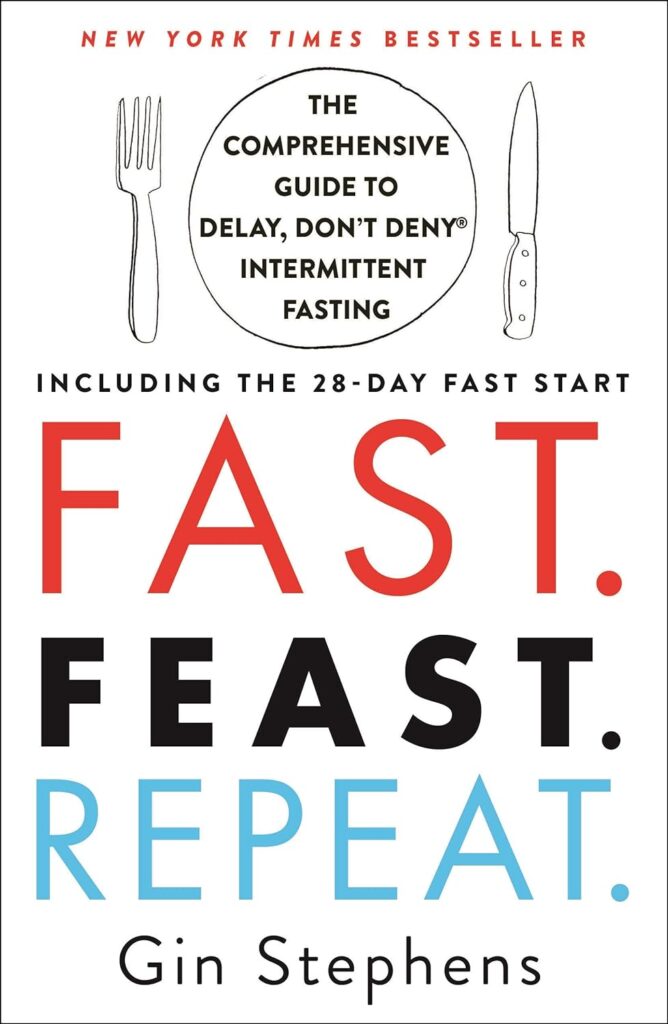For millennia, humans naturally experienced periods without food – between successful hunts, during seasonal scarcity, or as part of spiritual practices. Modern abundance has eliminated these natural fasting cycles, yet our biology still carries ancient programs designed to thrive during periods of food restriction. These evolutionary adaptations hold remarkable potential for health optimization.
Modern medicine initially viewed fasting with skepticism, assuming our bodies needed constant fuel to function optimally. Yet as our understanding of cellular biology deepened, we discovered something remarkable: periods without food actually trigger sophisticated repair and optimization programs within our cells. What was once dismissed as potentially harmful has emerged as a powerful tool for biological enhancement.
Your body operates like an adaptive engine, capable of running on different fuel sources and maintenance modes. When food becomes scarce, it switches from its usual energy-processing state to an enhanced maintenance and repair mode. This metabolic flexibility, developed over millions of years of evolution, triggers a cascade of biological optimizations that modern science is only beginning to fully understand.
The transition from fed to fasted state activates powerful cellular cleanup mechanisms. Autophagy – your cells’ internal recycling system – accelerates, clearing out damaged components and optimizing cellular function. Your body becomes more efficient at using stored fat for energy, preserving muscle tissue through increased growth hormone production. Even your brain adapts, increasing production of neural growth factors and enhancing cognitive flexibility.
Research reveals surprisingly diverse benefits from various fasting protocols. From daily time-restricted feeding to extended fasting periods, each approach taps into different aspects of our fasting biology. Intermittent fasting offers a more accessible entry point, aligning eating windows with our circadian rhythm. Longer fasts activate deeper cellular renovation processes. The key lies in finding the approach that best matches your goals and lifestyle.
The beauty of fasting lies in its elegant simplicity. Unlike many modern interventions that add something to your system, fasting works by temporarily removing constant food availability, allowing your body’s natural optimization processes to activate. It’s not about deprivation – it’s about strategically timing your body’s maintenance cycles.
This explains why fasting has emerged as a cornerstone of modern biological optimization. Its effects reach into fundamental aspects of cellular health and longevity pathways. The enthusiasm surrounding this practice stems from its profound impact on human biology and its accessibility – requiring no special equipment or supplements. What begins as simple curiosity about skipping meals often evolves into a sophisticated practice of metabolic optimization. For those ready to explore their body’s innate capacity for self-renewal, fasting stands as a profound first step into the world of metabolic enhancement.




